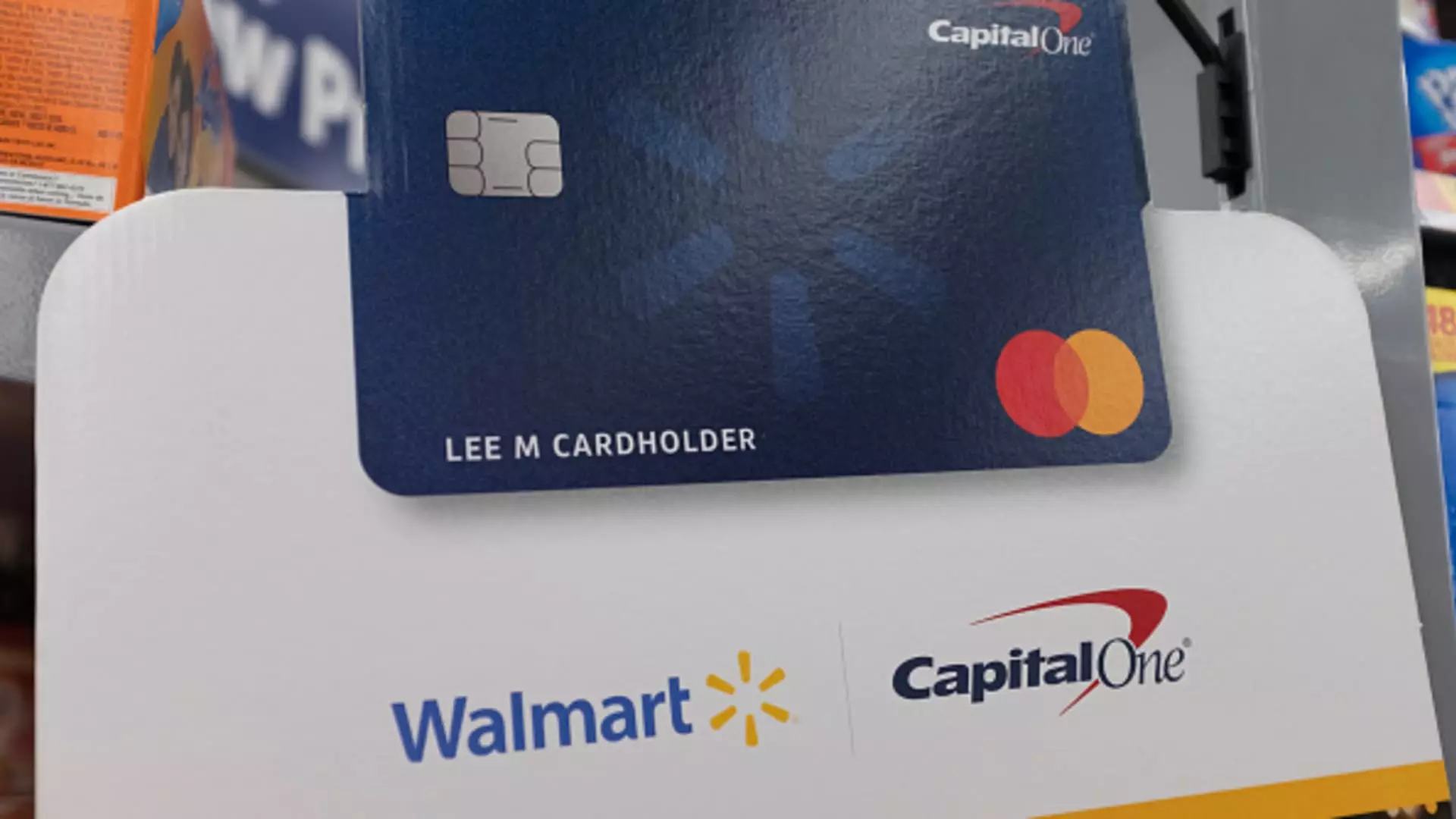Walmart, the retail giant synonymous with low prices and accessibility, is now stepping boldly into the world of fintech with its majority-owned startup, OnePay. The recent announcement of two new credit cards through a partnership with Synchrony raises questions about the trajectory Walmart is pursuing. Is this a genuine attempt to empower the financially underserved, or is it merely a clever marketing scheme cloaked in the guise of financial inclusion?
Walmart’s decision to sever ties with Capital One—a partnership that spanned beyond five years—speaks volumes. By initiating legal action against Capital One, Walmart aimed to reclaim its control over customer relationships and enhance its fintech ambitions. This shift towards OnePay effectively highlights a strategic pivot by a retailer that continues to seek ways to integrate more financial services into its massive ecosystem, especially as shopping habits continue evolving in the digital age.
The Customer Experience Dilemma
There is a duality to the consumer experience that Walmart aims to cultivate through OnePay. The promise of a user-friendly mobile app managed by OnePay to oversee customer interactions is undoubtedly attractive. But let’s be real: how often do corporations claim to prioritize consumer experience while deploying algorithms and underwriting processes that can zip right past customer needs? While OnePay’s CEO, Omer Ismail, pledges a “transparent and rewarding” program, skepticism is warranted. Consumers have learned, often the hard way, to take corporate promises with a grain of salt.
The two card options—one a general-purpose Mastercard and the other constrained to Walmart purchases—might seem like a clever approach to cover a wide customer base. However, offering options based on credit profiles raises the question: are we merely creating a two-tiered system within the same program? A store card for those deemed “less worthy” of credit may reek of patronizing inclusivity rather than genuine support for the financially vulnerable.
Imitating or Innovating?
Walmart’s strategy of absorbing, adapting, and imitating is a central theme. OnePay has established partnerships with other fintech players, such as Klarna, to expand its offerings in areas like “buy now, pay later” services. This method of piggybacking on established firms may fuel rapid growth but raises the specter of a creative vacuum. Instead of innovating, Walmart appears to be following trends rather than setting them. It’s prudent to question whether this approach will create meaningful products that resonate with customers long-term or simply recycle existing models for short-term gains.
The traditional banking system’s shortcomings have opened a void that Walmart aims to fill. However, the question remains: will OnePay truly address the financial needs of the underserved, or will its products become just another pawn in a competitive retail game? Consequently, the stakes are high. Time will tell whether Walmart’s fintech venture proves to be a landscape-altering player in the industry or a mere footnote in the annals of corporate history.
In embarking on this daring quest, Walmart has unleashed a fintech empire that, while fraught with potential pitfalls, could either become a lifeline for the underbanked or Icarus-flights high above customer expectations.

